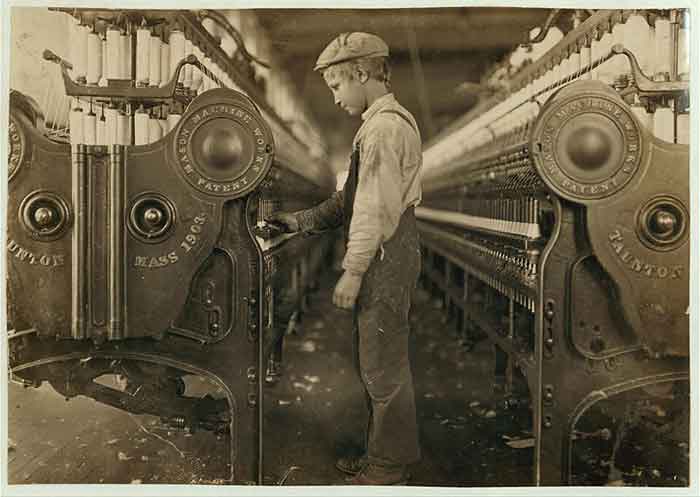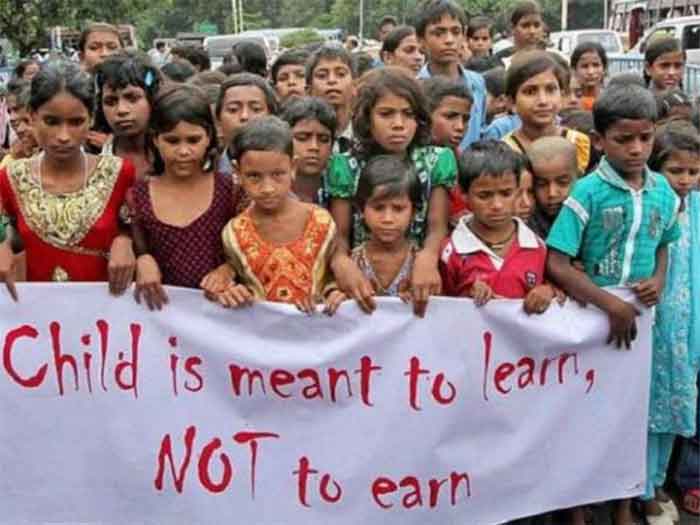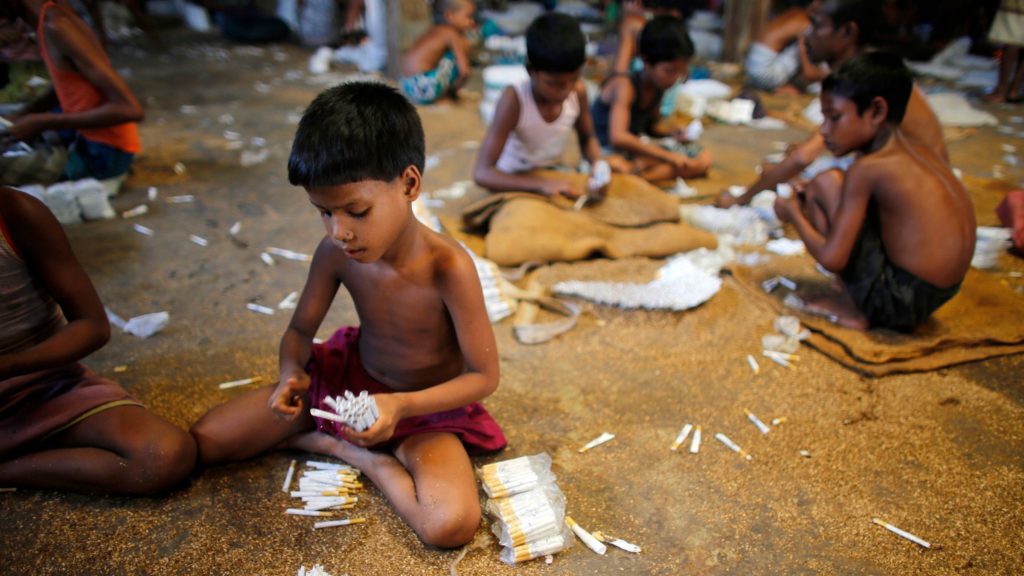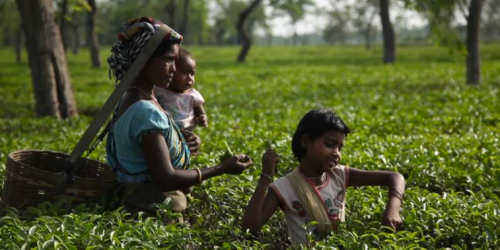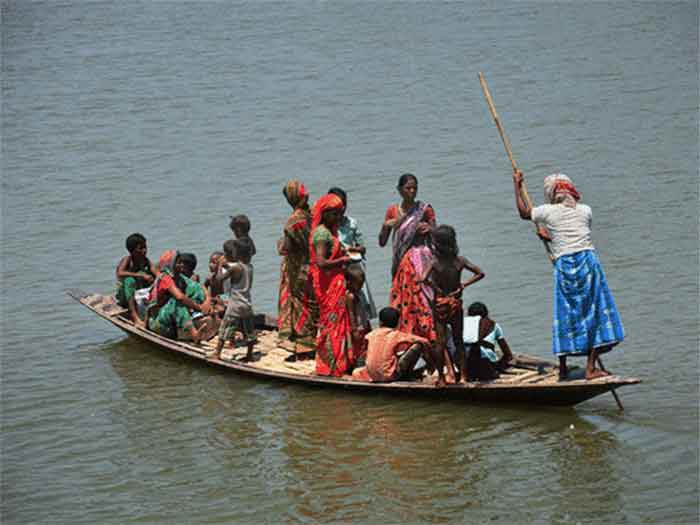
Maulana Bande Ali, in his poem on Miah Muslims of Assam, wrote:
“Neither charuwa, nor pamua
I am an Asomiya.
Of Assam’s earth and air
I am an equal claimant.”
The sentiment conveyed in these lines is still representative of the ordeals faced by the Miah Muslims living in the char areas of Barpeta in Assam. Sharing a porous border with Bangladesh, Muslim residents of the char areas of Barpeta often face discrimination and hostility in the state. Called ‘Bangladesis’, their identity struggle as well as the economic hardships has resulted in their migration to different parts of the country. One of the destinations of the migration stream that arises from Barpeta is Lucknow in Uttar Pradesh. The struggle, however, continues even after migrating – the burden of identity gets carried with them.
Salma (name changed) migrated to a ghetto in Lucknow in Uttar Pradesh along with her husband after facing violence in their home town Barpeta. This 45-year-old woman works as a waste picker just like other people in her locality. Reflecting on how she ended up in the work, she shared, “In Barpeta, my husband and father-in-law were beaten mercilessly in front of my eyes and were called Bangladesis. It was after that incident that my husband and I moved to Lucknow where I had a cousin living in the slums and working as a waste picker.”
Salma informed that Rahat, her husband, suffered a serious leg injury in the violence, reducing his capacity to earn. This compelled Salma and her children who were born in Lucknow to start working and make ends meet.
Salma’s husband and both her sons, Rashid (17) and Ali (15), pull a cart and collect waste. Whereas, Salma moves on foot for door-to-door waste collection. While her daughter, Saima (13), takes care of the house and does not engage in waste picking. Rashid was six when he first started going to work with Salma. His brother Ali was seven when he started accompanying them to work. Both of them have been going to work every day since then. In a month, the family makes Rs. 5000-6000, hardly enough to suffice themselves. The couple also had an elder son who would have been 25 but they lost him to illness when they lived in Barpeta.
None of the children are in school. According to a study, conducted by Work: No Child Business in the slums of Lucknow, 52 percent are illiterate followed by 11 percent having education up to primary level. Whereas only 8 percent of the families interviewed could complete their education until secondary level.
Salma’s family is not a case in isolation. Many families from Miah community who have migrated in search of better life get trapped in this vicious cycle of poverty and distress. Neither are they safe in their place of origin, nor they are accepted in the place they migrate to. Expressing on how Rashid and Ali feel about visiting their home in Barpeta, they said, “We have never been there but heard stories from our mother. It’s not a safe place. We want to earn enough to bring our grandparents to Lucknow who are still stuck in Barpeta.”
Although, the children dream of finding a decent job, the reality looks rather grim. Without any chance to access education, they are left with taking up a work unlike what they wish for. Rashid, wants to undergo I.T. vocational training and work in the mechanic workshop nearby. “I want to become a mechanical engineer,” said Rashid with a smile.
Saima, on the other hand, equally has an uncertain future. Her parents wish to marry her as soon as possible to a ‘decent’ boy. Like her brothers, accessing education is not an option. Although she does not work with her family outside the house, the entire burden of looking after the household chores is on her at a tender age of 13. According to her mother, its not safe for young girls to work outside as the locals can be rude and police can be harassing.
The biggest aspiration of the family is to open up a shop so that they don’t have to engage in the ‘dirty work’ of waste picking. However, this dream of theirs can be rather challenging because of their identity.
The case of Salma’s family illustrates the lives of millions who have migrated to avoid violence. But, while migrating from their ancestral lands, they also carry with them traces of loss, affinity and nostalgia. Unstable lives force them to land into a completely alien
setting which again lead them to perpetual deprivation. And when home is a “mouth of shark” they are forced to flee with the burden of “wounded identities.” This reminds us of Warren Shire poem titled ‘Home’ where she writes:
“but home is the mouth of a shark,
home is the barrel of the gun,
and no one would leave home
unless home chased you to the shore.”
This article is written as a part of the WNCB Awards for Untold Stories on child labour. Share your feedback on [email protected]
Charkha Features

